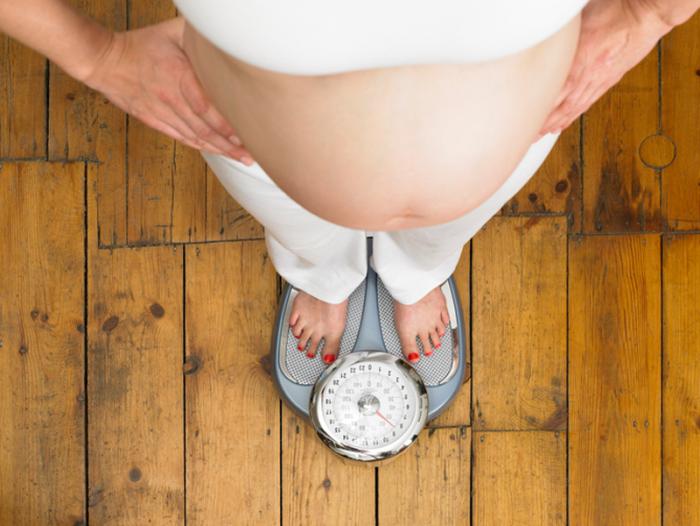"Women's obesity is a health problem that occurs when their BMI is calculated to be higher than 30. Obesity in pregnant women can trigger many health complications, ranging from high blood pressure, gestational diabetes, to preeclampsia."
Obesity in pregnant women is a health problem that needs special attention. Women can be classified as obese when their body mass index (BMI) is over 30.
If a woman is obese, it may be more difficult to get pregnant than a woman at a healthy weight. What's more, when women are obese during pregnancy, the risk of negative effects on the body will be even greater.
Obesity in pregnant women has serious consequences not only for the mother but also for the fetus. Here's the review!
Danger of Obesity in Pregnant Women
If you are obese and plan to have children in the future, you should know in advance what complications can arise due to obesity in pregnant women. The various dangers include:
1. High blood pressure
High blood pressure or hypertension occurs when the blood pressure against the walls of the blood vessels is higher than normal levels, namely 140 mmHg for systolic pressure and 90 mmHg for diastolic pressure.
In pregnant women, the risk of hypertension is higher because during pregnancy the amount of blood in the mother's body will increase by up to 45 percent. This blood is more difficult to pump around the body if a person has diabetes. This is because there is a buildup of fat and narrower blood vessels.
2. Blood clots
Research states that women with obesity are 2.5 times more at risk of experiencing fatal blood clots in the lungs during pregnancy.
This can happen because during pregnancy, blood will clot more easily to minimize blood loss during delivery. Blood circulation problems due to obesity increase the risk of blood clotting complications.
3. Preeclampsia
Preeclampsia is a condition that can occur due to the impact of uncontrolled high blood pressure. This condition can occur in early pregnancy.
According to health experts, obesity in pregnant women can cause a much more significant decrease in insulin sensitivity than women without obesity.
Therefore, they are more likely to develop preeclampsia and cause problems in the working of organs such as the stomach and liver.
4. The risk of defects in babies is higher
Not only has a bad impact on the mother, obesity in pregnant women will also have a negative impact on the baby. For example, there is a higher risk of health problems such as fetal macrosomia, asthma, obesity in infancy, cognitive problems, and stunted growth.
In addition, birth defects are also common in babies. Neural tube defects and heart defects are types of defects that can occur. This can change the shape or function of certain parts of the baby's body. Not only that, defects can also trigger other health problems during a child's growth.
5. Gestational diabetes
Gestational diabetes is a type of diabetes that can occur in women during pregnancy. This disease can occur due to low insulin production resulting in excess glucose in the blood. During pregnancy, an increase in the hormones estrogen, cortisol, and HPL can trigger this condition.
Obesity in pregnant women increases the risk of this disease because the glucose level in the blood of obese people is quite high. In addition, having gestational diabetes during pregnancy will also increase the mother's risk of developing diabetes and insulin resistance after giving birth.
6. Complications during cesarean section
The danger of obesity in pregnant women is not limited to pregnancy. At the time of delivery, too much fat in the body can block the passage of the baby from the mother's pelvis.
Therefore, the doctor must remove the baby by cesarean section. If you are obese during this medical procedure, you are at risk for complications such as infection or excessive blood loss.
Those are some of the negative effects of obesity on pregnant women that you need to know.

